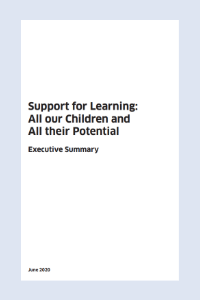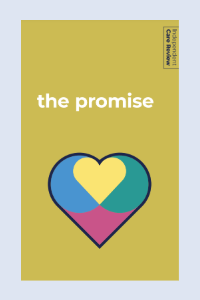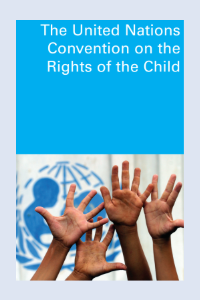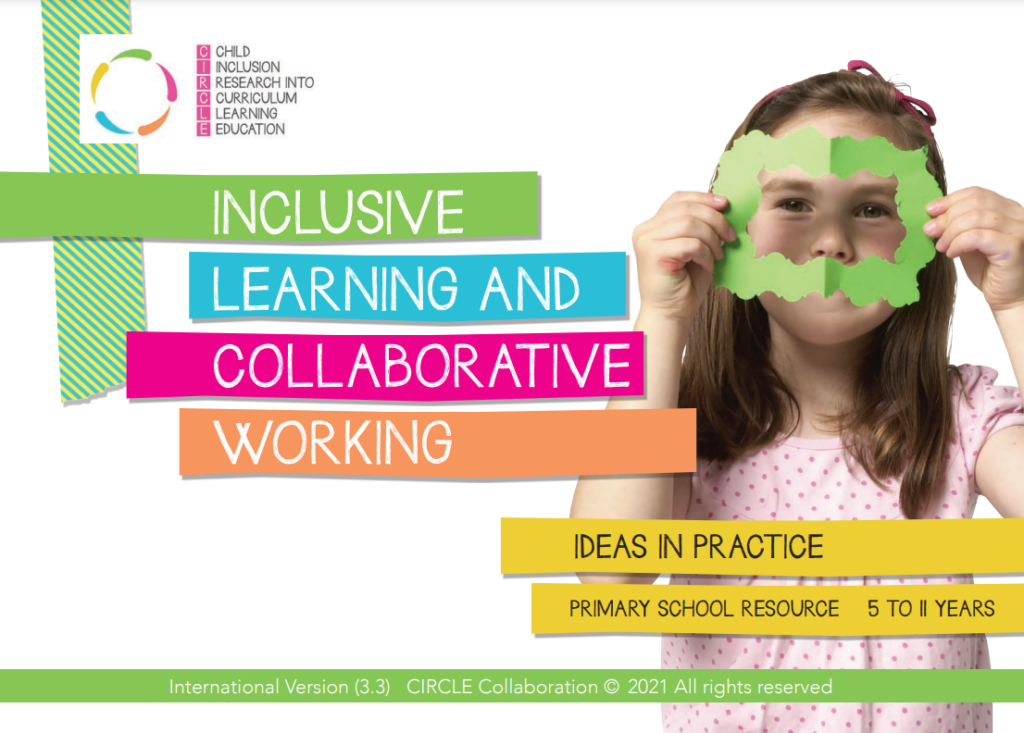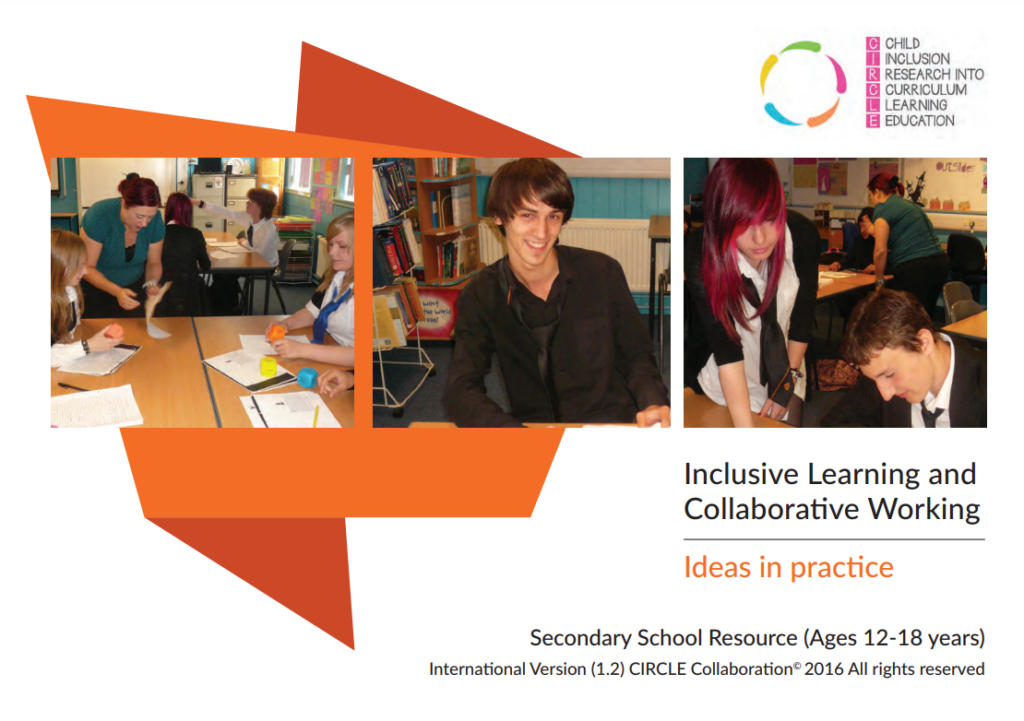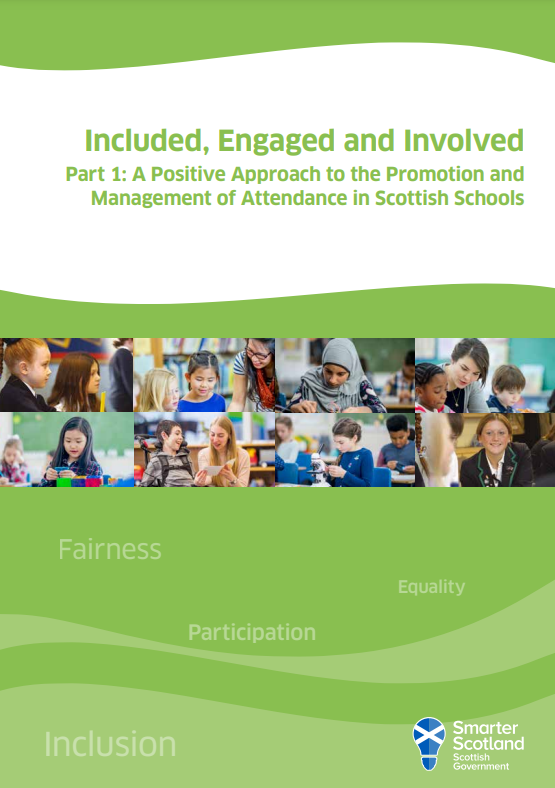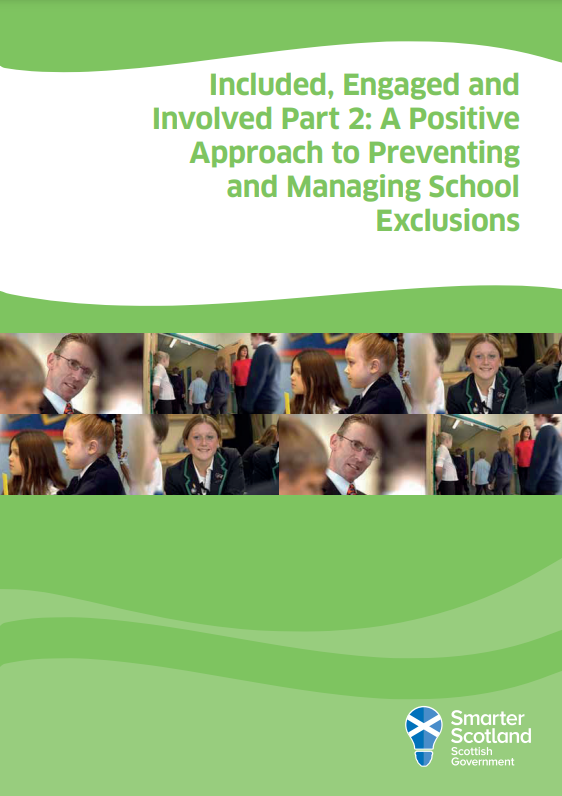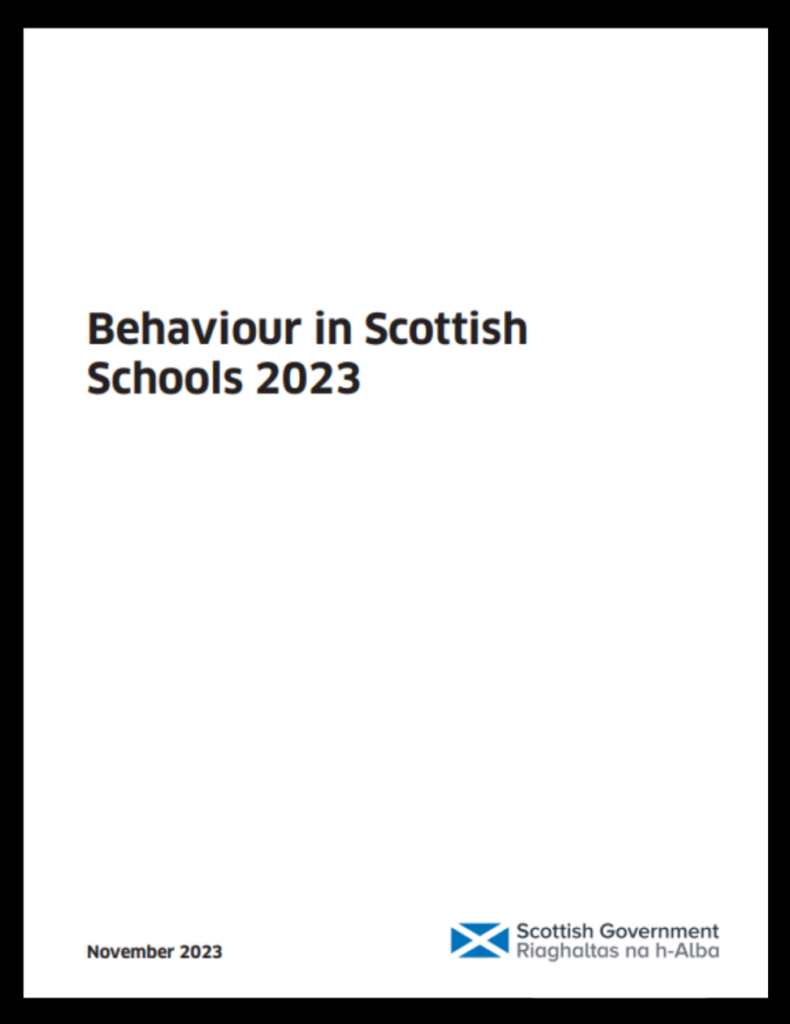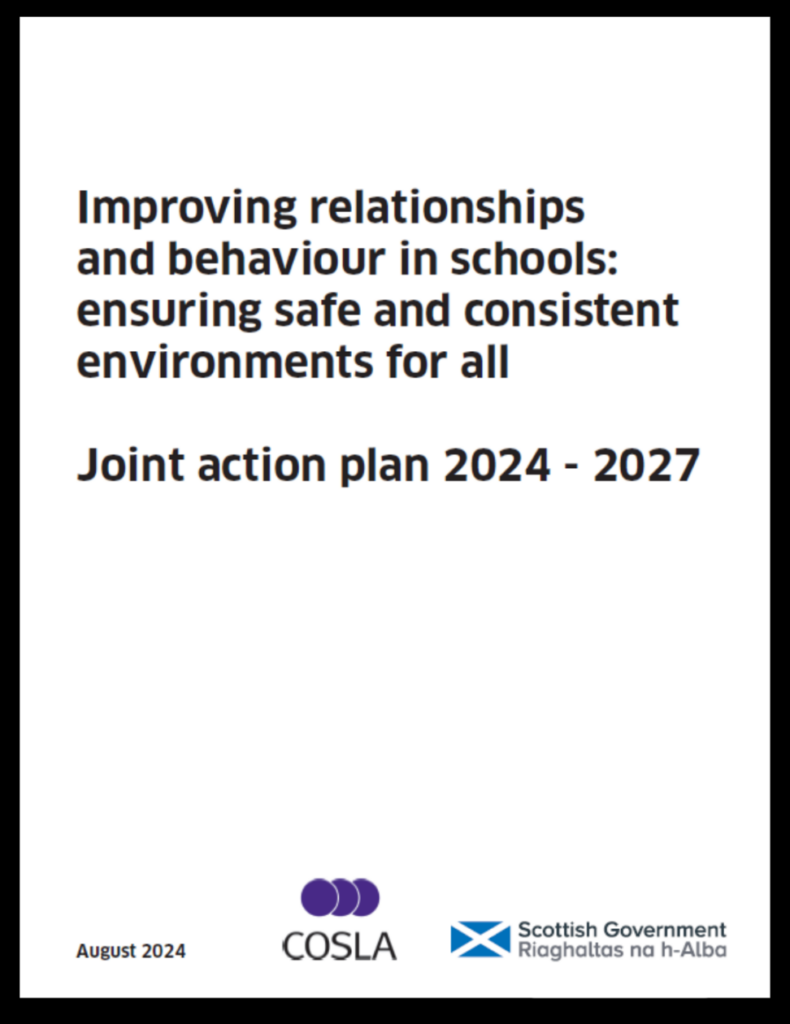National
The 3 main national policy drivers underpinning D&G’s Framework for Inclusion.
Support For Learning: All Our Children and All Their Potential
The Promise
United Nations Convention on the Rights of the Child
“Support for Learning: All Our Children and All Their Potential”, is the full title of the Angela Morgan’s 2020 review of the implementation of additional support for learning in education settings. The need for this report emerged from a policy landscape that has increasingly placed the young person at the centre of decision making:
- the United Nations Convention on the Rights of the Child (UNCRC)
- Education (Additional Support for Learning Act)(Scotland) 2004
- GIRFEC principles (2006)
- The Promise (2017)
Considering this policy background and the fact that nearly a third of the school population are identified as having Additional Support Needs, the importance of this review was clear.
The Morgan Review listened to the opinions of young people, parents/carers, and practitioners in and beyond education settings.
The remit of the report was to examine:
- Variation of provision across settings
- Examples of good practice
- Approaches to planning and assessment
- Roles and Responsibilities of all staff
- Better use of current resources
A full version of the report and its 9 themed recommendations can be found by clicking on the image of the document above. However, for the purposes of this summary it is best to consider how this reports’ recommendations support those of the Promise and the UNCRC:
- The right of every child to be safe nurtured and achieving their full potential
- The need to put the young person and their families at the centre of decision making
- Those with experience both first hand and professionally are best placed to give feedback
- Supporting learners with additional support needs is the responsibility of all not only those working within an ASN role
- The need for clear roles and responsibilities
- The need for co-ordinated support for all young people
- The need to train and support professionals
- The importance of ongoing reviews
Scotland has an ambition ‘to be the best place in the world to grow up’ so that children are loved, safe, and respected and realise their full potential. In October 2016, the First Minister announced the Independent Care Review. The aim was to identify and deliver lasting change in Scotland’s care system, leaving a legacy that would transform the wellbeing of infants, children and young people. In February 2020 the care review published seven documents with ‘The Promise’ narrating a vision for Scotland, built on five foundations.
Those five foundations are:
- Voice: Children must be listened to, and meaningfully and appropriately involved in decision-making about their care, with all those involved properly listening and responding to what children want and need. There must be a compassionate, caring, decision-making culture focussed on children and those they trust.
- Family: Where children are safe in their families and feel loved they must stay – and families must be given support together to nurture that love and overcome the difficulties which get in the way.
- Care: Where living with their family is not possible, children must stay with their brothers and sisters where safe to do so and belong to a loving home, staying there for as long as needed.
- People: The children that Scotland cares for must be actively supported to develop relationships with people in the workforce and wider community, who in turn must be supported to listen and be compassionate in their decision-making and care.
- Scaffolding: Children, families and the workforce must be supported by a system that is there when it is needed. The scaffolding of help, support and accountability must be ready and responsive when it is required.
These foundations must be at the heart of a reorganisation of how Scotland thinks, plans and prioritises for children in their family.
What does that mean for us as educators?
- We must respect, uphold, champion and defend the rights of children and recognise that their rights are most often realised through relationships with loving, attentive caregivers, such as teachers.
- We must fully incorporate and uphold the UNCRC. Including the right to education no matter who a child or young person is, this includes care experienced children and young people who will receive all they need to thrive at school.
- There will be no barriers to children and young people’s engagement with education and schools will know and cherish their care experienced pupils.
- School improvement plans will value and recognise the needs of their care experienced pupils with robust tracking of attendance and attainment so that support can be given early.
- Care experienced young people will be actively participating in all subjects and extra-curricular activities in schools.
- The formal and informal exclusion of care experienced children from education will end.
- Schools will support and ensure care experienced young people go on to genuinely positive destinations, such as further education or employment.
What is the UNCRC?
The United Nations Convention on the Rights of the Child (UNCRC) is a legally-binding international agreement setting out the civil, political, economic, social and cultural rights of every child, regardless of their race, religion or abilities.
What is Contained in the UNCRC?
The UNCRC consists of 54 articles that set out children’s rights and how governments should work together to make them available to all children.
Under the terms of the convention, governments are required to meet children’s basic needs and help them reach their full potential. Central to this is the acknowledgment that every child has basic fundamental rights. These include the right to:
- Life, survival and development
- Protection from violence, abuse or neglect
- An education that enables children to fulfil their potential
- Be raised by, or have a relationship with, their parents
Key Principles at the Centre of UNCRC
There are four central principles that underpin the implementation of all the rights in the UNCRC:
- non-discrimination: the rights of all children should be ensured without discrimination of any kind;
- the best interests of the child: whenever decisions or actions are taken that affect children, the bests interests of the child must be a primary consideration;
- right to life and development of the child: all children should be enabled to develop in an optimal way: physically, mentally, spiritually, morally, and socially; and
- right to be heard: children should be able to express their views freely in all matters affecting them, to participate in all decision-making processes related to their lives, and to exert influence over such decisions in accordance with their age and maturity.
- The UNCRC is central to Scotland’s national approach to improving outcomes for children and young people, Getting it right for every child (GIRFEC) and our commitment to #KeepThePromise by 2030.
National Improvement Framework 2025
The 2025 publication of the National Improvement Framework sets out the updated vision, key priorities and educational outcomes for children and young people. There are three main changes for staff to note:
•The vision for education in Scotland has been updated. This can be found on page two of the document.
•The NIF drivers of improvement have been replaced this year with outcomes. It is important for staff to be aware of these outcomes. These can be found on page two of the document.
•The five key priorities for NIF have stayed the same.
•In previous years, the NIF improvement plan was part of this publication. Instead for 2025, an improvement plan, detailing specific actions and progress measures, will be published later in January to drive these outcomes.
Included, Engaged and Involved Part 1: A Positive Approach to the Promotion and Management of Attendance in Scottish Schools
Included, Engaged and Involved Part 2: A Positive Approach to Preventing and Managing School Exclusions
Included, Engaged and Involved Part 3: A Relationships and Rights-Based Approach to Physical Intervention in Schools
Behaviour in Scottish Schools 2023
Improving Relationships and Behaviour in Schools: ensuring safe and consistent environments for all


